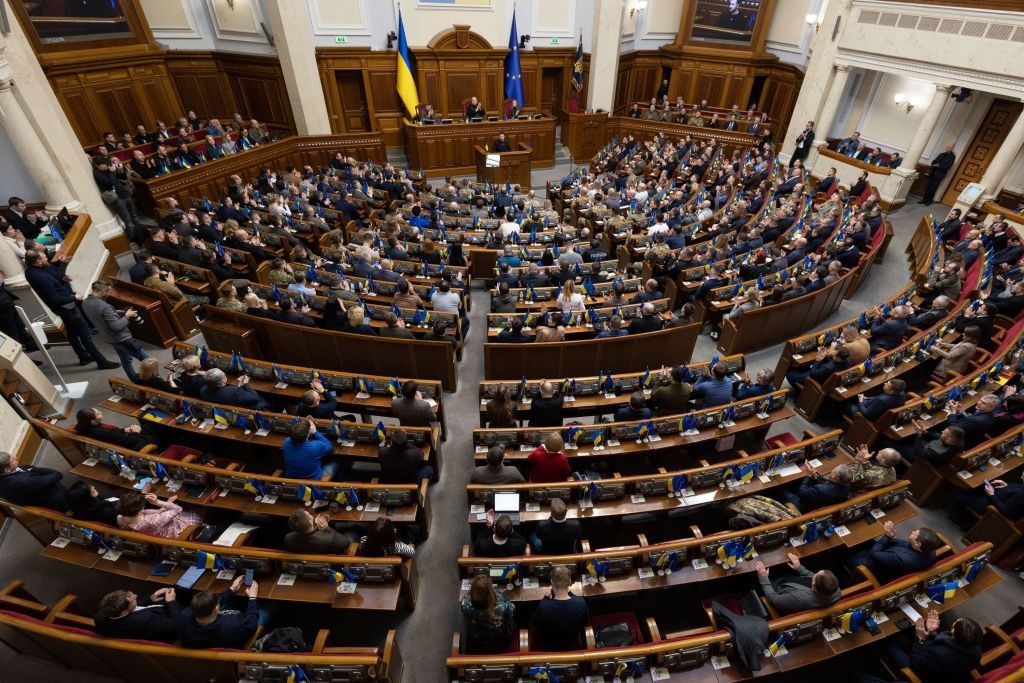Zelensky signs law restoring public access to asset declarations

President Volodymyr Zelensky signed a law on Oct. 10 to resume asset declarations for officials and immediately make them publicly accessible.
On Sept. 12, Zelensky vetoed the previous version of the law, which restored the requirement to submit online asset declarations but failed to make them public.
The controversial bill, approved by the parliament on Sept. 5, entailed blocking public access to the asset declarations for one more year, which sparked wide criticism among Ukrainian anti-corruption activists.
On Sept. 7, members of the European Parliament also asked Zelensky to veto the law due to concerns it would undermine trust in anti-corruption reforms.
Following the veto, Zelensky proposed to reinstate open access to the asset declarations but exclude certain categories of government employees, such as members of the Armed Forces or State Border Guard Service.
However, these exceptions would not apply to military personnel holding or seconded to positions as ministers and deputy ministers or as heads and deputy heads of central and local executive bodies.
The system of compulsory asset declarations was originally instituted as part of the country's fight against corruption following the 2014 Euromaidan Revolution.
At the start of the full-scale Russian invasion of Ukraine in February 2022, the requirement for submitting e-declarations was suspended, and public access to the declarations was shut down. Officials have still been able to submit them on a voluntary basis.















